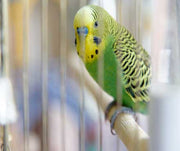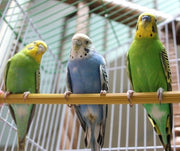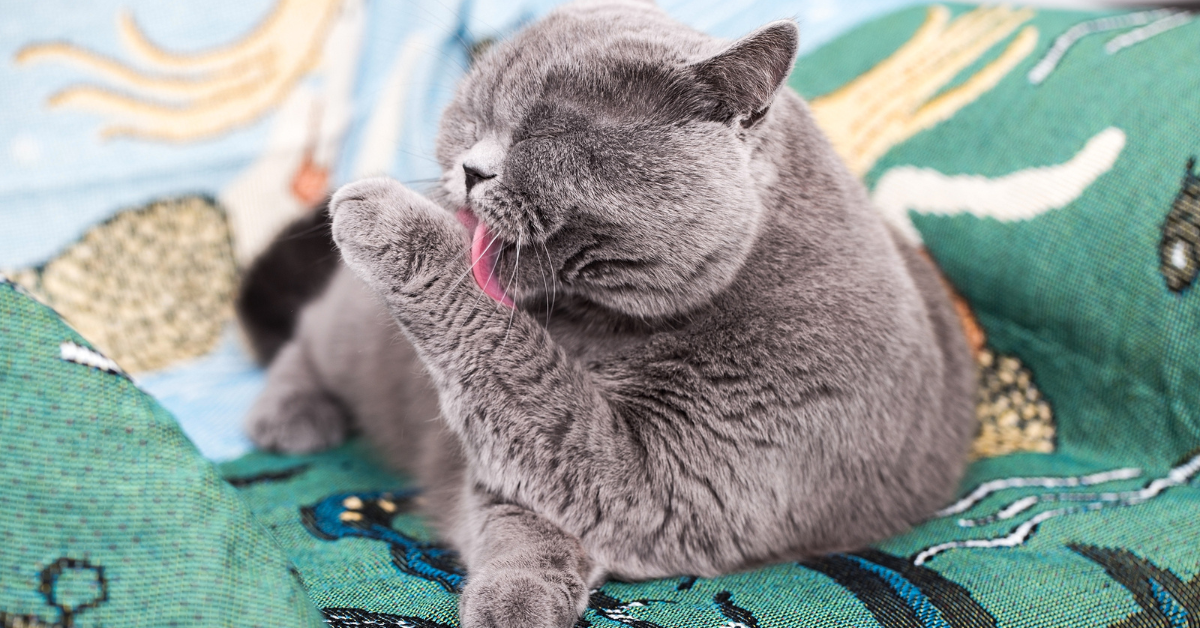5 Steps for Success - Tips for New Bird Owners

Congrats!!! It’s a bird!!!
Exciting news, you just got a pet bird! Make the most of the first few weeks with your new pet by establishing a positive relationship, setting expectations, and getting ahead on problem behaviors. When working with your bird it’s important to pay attention to their motivators and their body language while establishing trust.
Motivation
For most birds, their motivator will be food, but that doesn’t apply to all! Some birds prefer praise, petting, a mirror, or a toy. To determine your bird’s food related motivator, offer a variety of seeds, nuts, and fresh food in their bowl and watch what food your bird picks out first, second and third. Do this for several meals and remove from their diet, then offer it as a reward when they do something you want them to do. If they don’t react to the food try out some other motivating styles.
Body Language
Like most animals, birds communicate through their body language. Learning your birds body language should be your primary goal. Observe the way your bird holds their feathers, the shape of their eye, how their feet are placed, their beak, and overall stance.
Each bird is unique so don’t assume they are just like your other birds. She may be quiet while observing the new environment or they may be comfortable immediately. Stepping up is a huge sign of trust so don’t try to force it, let them come to you. Letting your bird set the pace of the interactions will speed up their adjustment time. Remember, if your bird ever bites you, stop what you are doing. A bite typically means your bird is uncomfortable or possibly threatened by what you are doing.1
Expectations
Make sure you set realistic expectations. During the first few weeks, set a standard for the pattern of behavior your bird will expect from you. Don’t spend several hours cuddled up with your bird if you can’t afford to give that much attention every day. Some birds will develop negative behavior such as screaming, biting, or pulling feathers when they don’t receive the same amount of attention you originally gave.
Set time aside during the day or evening for one-on-one interaction or playtime. Birds love to be included in family activities, but don’t always have to be the center of attention. Bring them out of their cage and let them simply “hang out” with the family.
Negative behavior
Now is the time to get ahead of any behavior you can’t stand for the next 50 years. If your bird does something you don’t like, such as screaming, ignore the behavior. Don’t look at your bird, don’t talk to your bird, do not put your bird back in their cage. Ignoring them will tell them that this type of behavior doesn’t warrant any attention. Everyone in the family needs to be on the same page, consistency is key.
Good behavior
Instead of focusing on the negative behavior, increase the likelihood of good behavior by praising and giving attention to the behavior you like. Use the motivators that you learned when your bird whistles instead of screams.
Most importantly remember to be patient with your new family member. The first couple of weeks your bird is getting adjusted to their new living situation and will slowly start to reveal their personality as they grow more comfortable with you and their new home.
Sources:
Previous article

Next article

Related posts
View all-

5 Simple Tips to Make Sure Your Cat Drinks Enough Water
Ensuring your cat stays hydrated is important, but it can be challenging since many cats don't drink enough water. Dehydration can lead to kidney disease and other health issues. Fortunately, you can encourage your cat to drink more with a few simple changes. Read Article -

How to Keep Your Cat Busy at Night (So You Can Sleep)
For many cat owners, the quest for a good night's sleep while keeping their feline friends content and engaged can seem like a never-ending battle. Cats, naturally more active at night or early in the morning, often disrupt your sleep schedules with nocturnal activity, whether through playful nature or seeking attention. Read Article -

Should You Bathe Your Cat? Everything You Need to Know About Cat Hygiene
When it comes to cat hygiene, a common question among cat owners is, "Should you bathe your cat?" Understanding how to care for felines, especially bathing cats properly, is crucial for maintaining their overall health. Most cats are fastidious groomers, but specific scenarios like long-haired cats getting dirty or skin irritations, might require a bath.
Read Article



